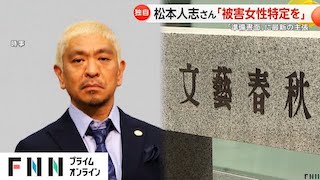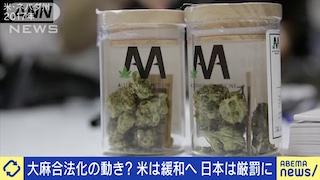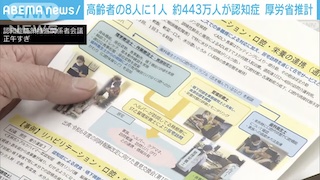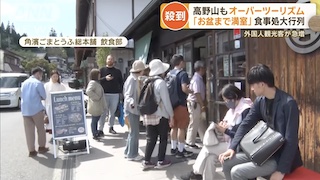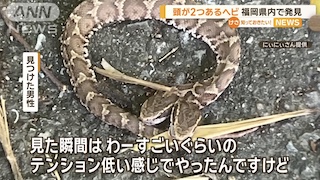Aug 05 (scmp.com) - Japan’s decision to offer an initial group of 87 companies subsidies totalling US$653 million to expand production at home and in Southeast Asia has sparked debate whether the world’s third largest economy is trying to gradually decouple from China.
The coronavirus pandemic has wreaked havoc on global supply chains, with the crisis underlining what many companies and countries have known for some time: they are too reliant on China.
China is Japan's largest trading partner, and Japan is China’s second largest trading partner, and while not all of the enterprises involved in the initial wave have operations in China, the move by the Japanese government has sparked concerns in China.
Although the companies involved are estimated to be less than 1 per cent of total Japanese investment in China, and there will not be an immediate economic impact, if the trend continues, it might shake the foundation of China’s long-term growth model and potentially lead to some hollowing out of the country’s industrial base.
Using the subsidy, 57 of the companies will open more factories in Japan, while the remaining 30 plan to expand production in Southeast Asian countries, including Vietnam, Myanmar and Thailand.
Around 70 per cent of the companies are small and medium-sized enterprises, with over two thirds involved in medical supply manufacturing.
A second list of companies to be offered subsidies is also being drawn up, with a similar composition to the first, according to Japanese officials.
A survey by Teikoku Databank, a leading Japanese credit research house, showed that there were 13,685 Japanese firms in China at the end of May 2019, down from 13,934 in the previous survey conducted in 2016. At the peak in 2012, there were 14,394 Japanese firms with operations in China.
Japan’s imports of electronic products, computers and car parts is heavily dependent on China, but the coronavirus ground factory production in China to a halt earlier this year, which resulted in production disruptions in Japan.
Although the level of imported parts is not large, the car industry has a complex production system and a concentrated supply chain, meaning any disruption can cause vehicle production to be suspended.
Last month, Japan’s annual white paper on trade also said companies in upstream positions are easily affected when production activities are disrupted in China, so the country needs to rebuild a resilient supply chain to prepare for and deal with another potential crisis in the future.



